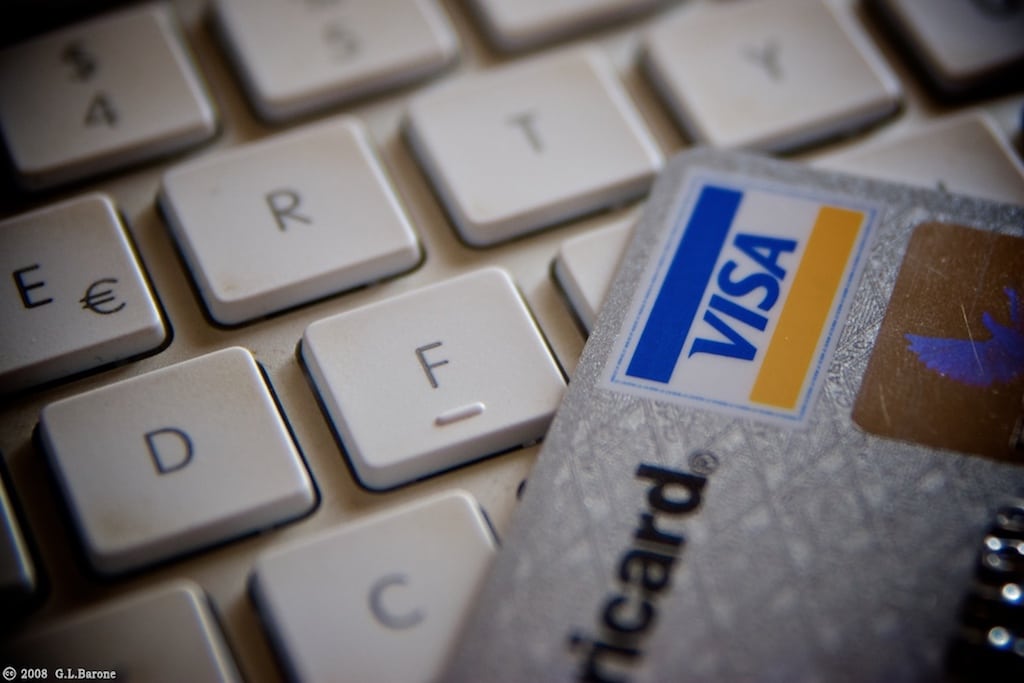Cracking the Travel Booking Code — Digital Marketing News

Skift Take
Search advertising continues to dominate travel ad budgets because it's extremely effective at converting shoppers into buyers. But new research on travelers' "path to purchase" suggests travel marketers should question this assumption, finding that earlier stages of the booking process may be equally influential.
The longstanding focus of marketing efforts in the travel industry has been on the point of purchase.
That's one reason why search advertising, which has been extremely effective at driving customers to buy, has always played such an important role. But based on the results of new research, we may need to give this assumption a second look.
The release of a new study from Expedia Media Solutions and comScore, which suggests travel buyers may be more receptive to ads earlier in the booking process rather than at the end, throws this assumption into doubt. The question for marketers to ask is this: are search ads more effecti
